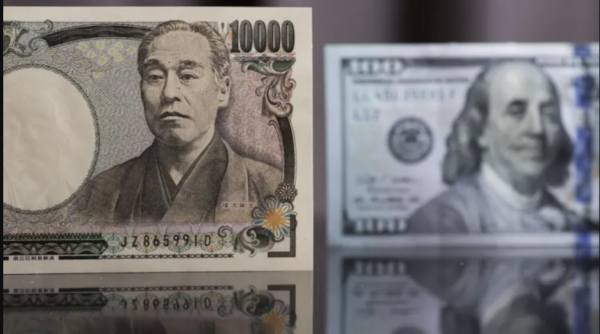Tuesday, Bank of Japan Governor Kazuo Ueda emphasized the need to maintain an ultra-loose monetary policy for the time being, but signaled the possibility of raising interest rates if inflation and wage growth exceed expectations.
“In light of current economic, price, and financial developments, it is appropriate to maintain monetary easing,” Ueda told parliament.
In response to a question from an opposition lawmaker about the drawbacks of prolonged monetary easing, Ueda stated that the shape of Japan’s bond yield curve has normalized, in part due to declining global yields.
Ueda reiterated that Japan’s monetary policy must remain loose to meet the BOJ’s 2% inflation goal in a sustainable, stable, and wage-raising way.
“However, if wage growth and inflation accelerate faster than anticipated and call for a tightening of monetary policy, the BOJ is prepared to respond by increasing interest rates,” he said.

Ueda’s remarks are made in advance of the BOJ’s two-day policy meeting beginning on Thursday, which will be the first meeting he will preside over since assuming the position earlier this month.
At the meeting, it is anticipated that the BOJ will maintain its current monetary settings and dovish policy guidance in order to support a fragile economic recovery and emerging signals of wage growth.
The markets are rife with rumors that Ueda will steer the BOJ in the direction of phasing out his predecessor Haruhiko Kuroda’s massive stimulus, which garnered criticism for distorting market pricing and crushing financial institutions’ profits.
Under yield curve control, the BOJ directs short-term rates to -0.1% and 10-year bond yields to approximately 0%, with an implicit ceiling of 0.5%.

